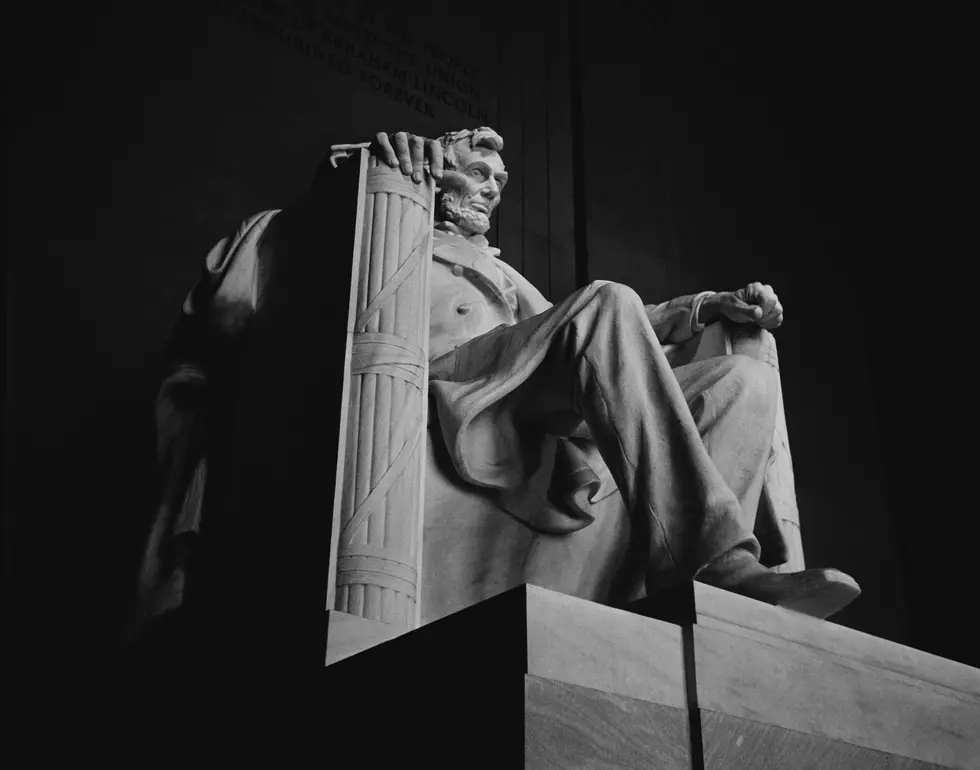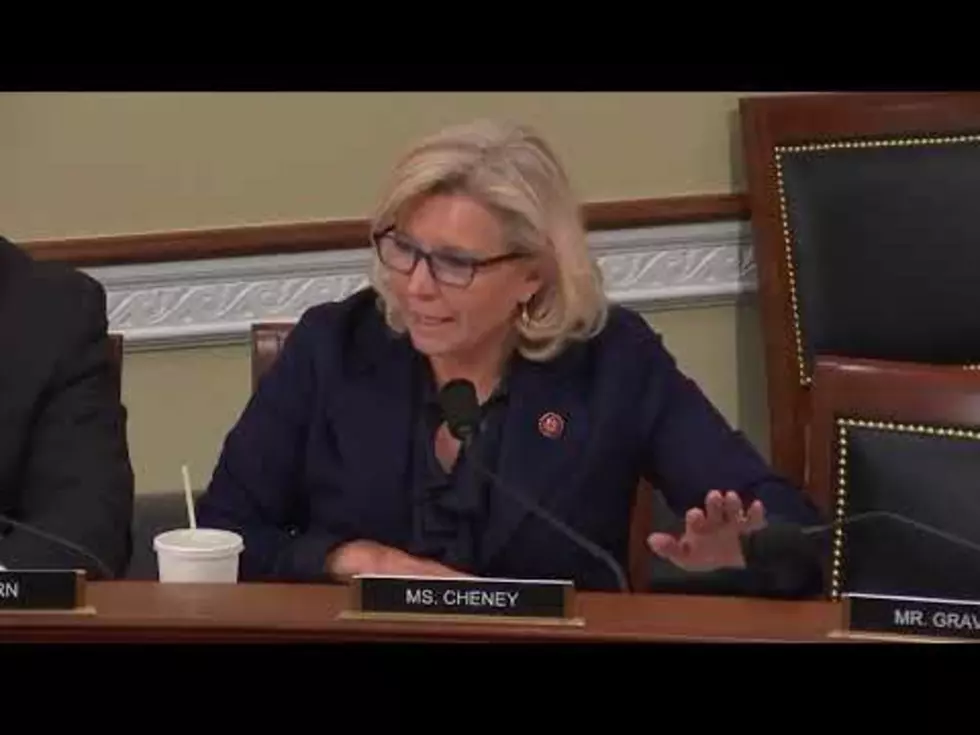
Patriot Act Provisions Get House Nod; Bill Moves to Senate
Hear Jim Kouri discuss this and other recent columns today on The Morning Zone at 7:07 AM MST.
By Jim Kouri (Published by permission of author)
In a turnaround from last Tuesday, when they failed to renew provisions of the Patriot act, House Republicans succeeded on Monday in extending the soon-to-expire surveillance provisions of the nation's anti-terrorism law.
By a vote of 275-144, the House sent the measure — that would extend the controversial provisions for nine months — to the Democratic-led Senate for consideration.
The action came a week after House Republican leaders failed to get the bill approved under a fast-track approach normally reserved for non-controversial issues, whereby three-quarters of the House membership must vote Yay for passage of a bill.
The vote came up short by seven votes due to the unexpected opposition that included 26 Republicans, a number of whom are backed by Tea Party members, and 122 Democrats. Opponents on both sides of the aisle complained that these provisions violate civil liberties including privacy rights.
Initial defeat surprised Republican leaders and forced them to bring the bill back under normal procedures that require just a simple majority to prevail but takes more time.
White House officials said it would support the nine-month extension in the House bill, but would have preferred it to be extended through December 2013. Critics of the Obama Administration believe the reason for the desired December 2013 extension is to avoid having the Patriot Act become an election year issue in 2012.
Meanwhile, Senate Republicans are pushing for a permanent extension to provide federal, state and local law enforcement long-term certainty about what tactics they may employ to identify and capture suspected terrorists.
The three provisions that failed to pass on February 1, but passed Monday, included court-approved roving wiretaps that allow surveillance of multiple phones, court-approved access for the FBI to “any tangible thing” that could matter to a terrorism investigation and the “lone wolf” provision that allows secret monitoring of non-U.S. citizens not known to be connected to a specific terrorist organization.
In a statement from the Heritage Foundation that supported renewal of the Patriot Act, legal experts surmised that liberal-left politicians and their supporters interested in "adding more hoops for investigators to jump through — in time-sensitive investigations — would kill the law’s ability to fulfill its very purpose: to help stop terrorism."
- It protects civil liberties and provides for the common defense. The Constitution requires the President and Congress to respect and defend individual civil liberties but also provide for the common defense. The Constitution weighs heavily on both sides of the debate over national security and civil liberties — it is important to recognize both factors.
- Expectation of privacy is not unlimited. The Supreme Court has ruled that Americans enjoy a “reasonable” expectation of privacy; however, this is not an unlimited expectation of privacy. This means that anything one exposes voluntarily to the public — or even to a third party — is not considered protected. Congress of course can expand these rights (and it has repeatedly); however, these protections yield to criminal and national security investigations.
- The law provides significant safeguards. The PATRIOT Act does not provide investigators with unfettered power to spy on innocent Americans. What it does do is ensure that national security investigators have the same tools at their disposal to investigate terrorists that law enforcement agents have to investigate and prosecute drug dealers and rapists. These tools come with significant procedural safeguards, oversight, and reporting requirements and are subject to routine and aggressive oversight by the FISA court and Congress.
- It has passed Constitutional muster. No single provision of the PATRIOT Act has ever been found unconstitutional. This is a testament to the act’s limited applicability, procedural safeguards, and extensive oversight mechanisms — as well as the fact that it often provides more protections than are afforded in criminal proceedings.
- Disagreements over the role of government are different from actual abuse. Mere expansion of executive authority in the context of national security investigations alone does not in itself create actual abuse. Certainly, there are fundamental disagreements over the role of the executive branch during wartime. However, careful monitoring and vigilant oversight are oftentimes the answer to potential abuses of power — not all-out prohibition.
Jim Kouri, CPP, the fifth Vice President and Public Information Officer of the National Association of Chiefs of Police, has served on the National Drug Task Force and trained police and security officers throughout the country.
More From KGAB




![How Wyoming taxpayers dodged a bullet [OPINION]](http://townsquare.media/site/99/files/2019/04/gettyimages-150755757-594x594-2.jpg?w=980&q=75)

![Miller Moths Invade Cheyenne [PHOTOS, VIDEO]](http://townsquare.media/site/99/files/2018/06/miller-moth.jpg?w=980&q=75)
![Wyoming Needs More Human Clocks Displaying Beauty of State [Commentary]](http://townsquare.media/site/99/files/2017/05/77248291.jpg?w=980&q=75)

